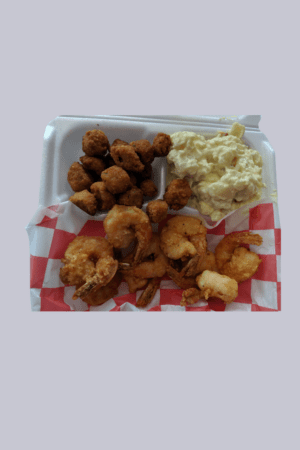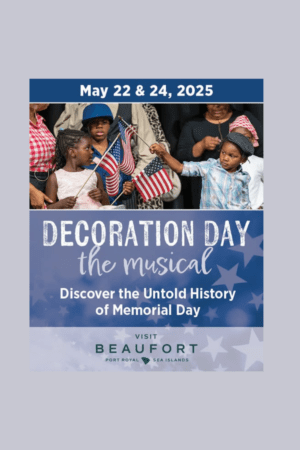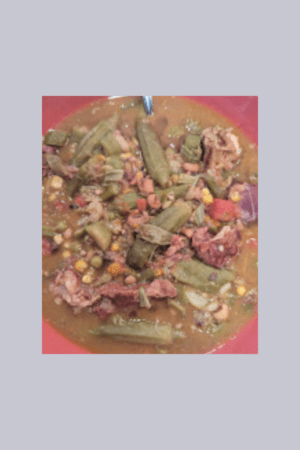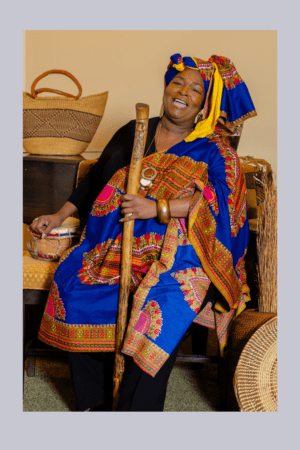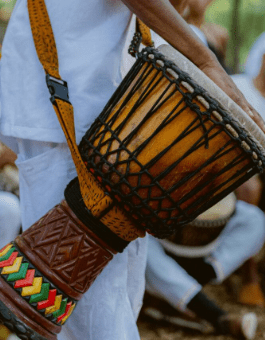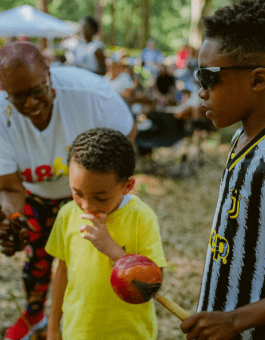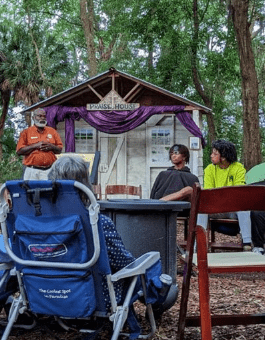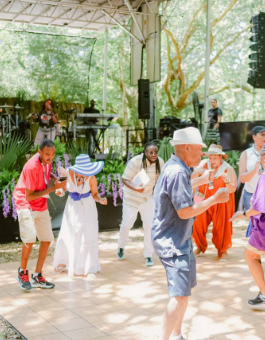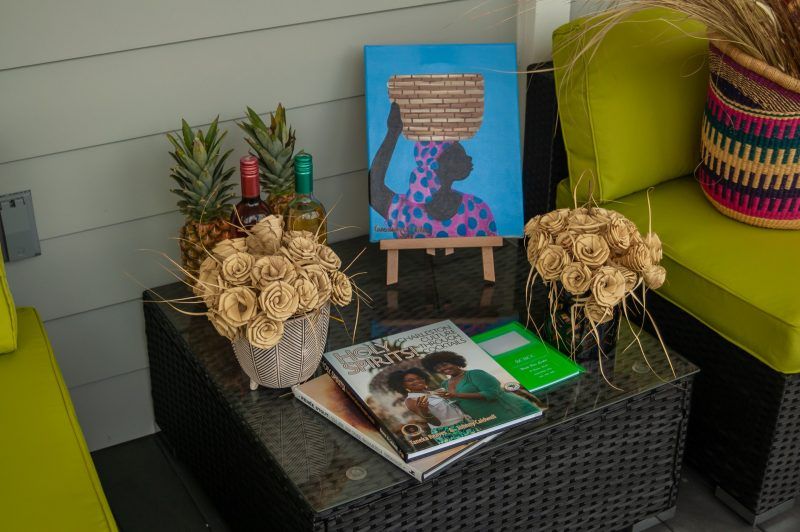
When being raised in the South many times we notice unique pieces of decor in our home as a child. These pieces are oftentimes noticed but not realized to be as valuable or created by our own ancestors. Yes, we have standard decor items like vases and side table pieces but those standard decor items do not amount to handmade customizable items like sweetgrass baskets. Since I was raised in the South many households that I visited contained sweetgrass baskets decor. Whether they held fruits, newspapers, or just served as a staple piece in the middle of the table, South Carolinas have a way of styling these handmade baskets and are still popular today. Here is a quick history lesson about Sweetgrass baskets being introduced to the South and a few Sweetgrass Basket Makers in the Lowcountry who are still providing these custom pieces of design and decor.
Sweetgrass basket creation is a favorite Lowcountry pastime. This pastime traces back to the migration of slaves into the Lowcountry areas like Charleston, Savannah, and Mount Pleasant in the 17th century. The skill basketry was a trade African Americans, specifically Gullah/Geechee individuals, were knowledgeable of and able to use for their personal utilization and later for monetary gain. Gullah artisans originally started with marsh grass known as bulrush to create work baskets called fanners. These original fanners were used for winnowing, to separate grain from chaff, and later the style was broden to work baskets that held vegetables, shellfish, and later, cotton. Traditional basket makers can still be found all across the Lowcountry and 5 basket weavers to support are listed below.
5 Sweetgrass Basket Makers to Support
- Mazie Brown
Owner of Mazie’s Sweetgrass Basket, Mazie Brown, has seen success at her booth on Highway 17N. Located in Mt. Pleasant, SC, Ms. Brown is providing handmade artwork and basket design that can serve as home decor items or personal use baskets. Next time you’re in Mt. Pleasant stop by to find your woven basket and check out https://m.facebook.com/maziesbaskets/ for more examples of Ms. Brown’s work.
- Corey Alston
A Southern Beau who is capable of creating sweetgrass baskets is Mr. Corey Alston. Based in Charleston, SC, Mr. Alston continues to keep the legacy of basket weaving alive. Known for his XXL bread baskets and creating pieces that are oftentimes described as one of a kind, Mr. Alston ranks high when it comes to creating custom sweetgrass baskets. Overall, Mr. Corey Alston is an African American basket maker to support in the Lowcountry and an artist who truly enjoys basket making and has a passion for tradition.
- Tonya Aiken
Tonya Aiken is a Southern Belle who can oftentimes be found selling her detailed sweetgrass baskets at the Charleston City Market. Ms. Aiken understands everything about tradition and continues to create baskets that were needed since our ancestors came to the Lowcountry community. Tonya has been handcrafting sweet baskets for more than thirty years and assures that the family tradition continues to be passed down from generation to generation.
- Beverly Grant
Owner of Bev’s Sweetgrass Basket, Beverly Grant, is creating all things sweetgrass. From arts and antiques to crafts and designs, Ms. Grant is creating baskets for all occasions. This family owned-creative business will continue to keep sweetgrass basket making around for years to come and this is one main reason we should continue to support these local businesses in order to ensure the legacy continues.
- Darryl & Angela
Darryl & Angela who met, fell in love, and then got into business, are now known for their duo sweetgrass basket work in Charleston, SC. Darryl and Angela have been selling their baskets together, in the Charleston City Market since 2009 and now also have a stand alone business on Highway 17N in Mount Pleasant, SC. These two love birds have been creating sweetgrass baskets for many to enjoy and can also be viewed at https://www.dnasweetgrassbaskets.com/ to have your basket crafted and shipped.
The 5 Sweetgrass Basket Makers of the Lowcountry are entrepreneurs we should continue to support. Whether you need home decor items or just pieces to enhance your Southern home, these handmade items will do just that. To ensure the Gullah heritage never dies we should support these hard working men and women and continue to help our African American community thrive.
79